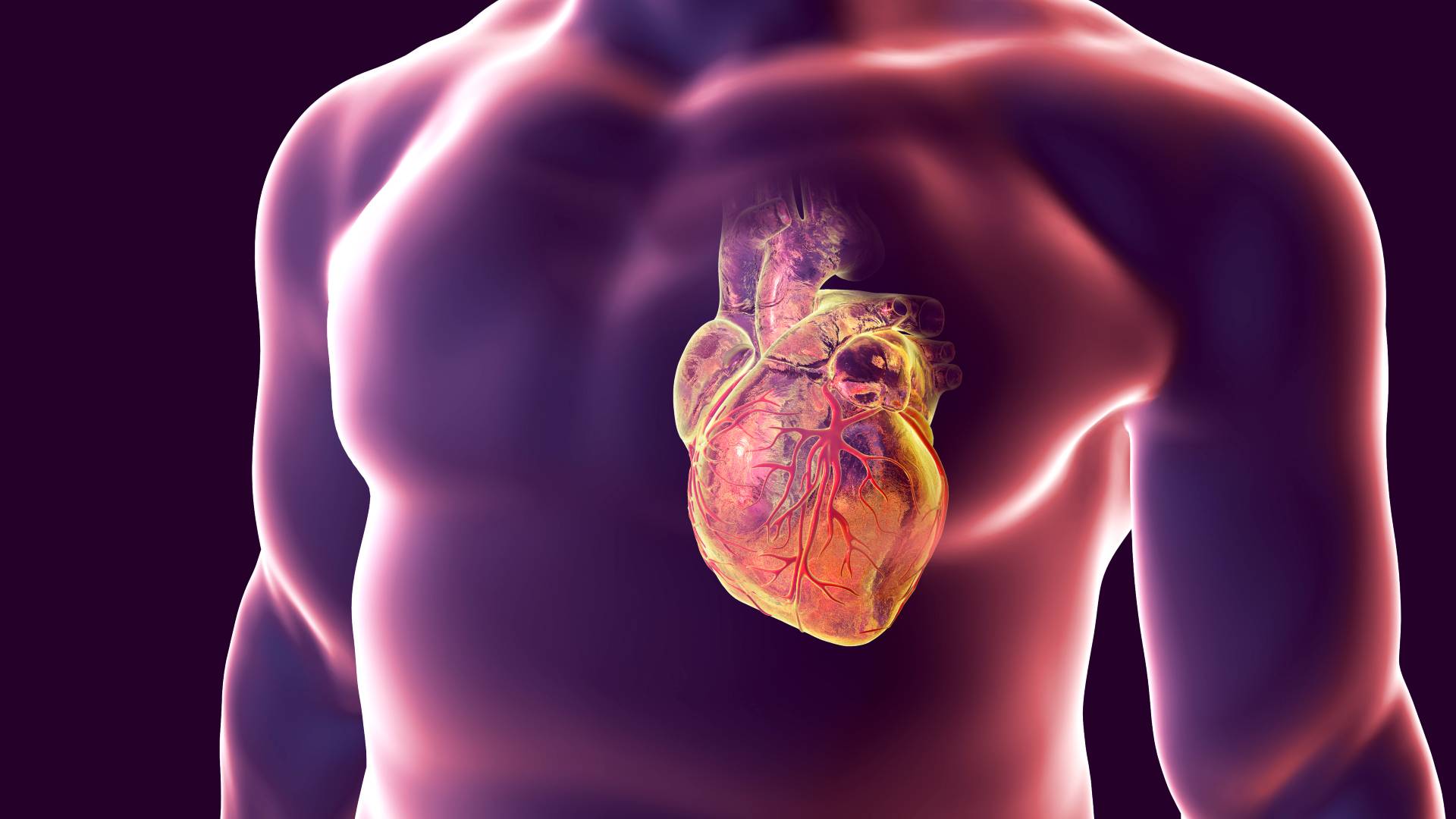New Comprehensive Review of Human Heart Models Demonstrates Their Utility in Understanding and Treating Cardiovascular Diseases

Study in a Sentence: A review of human heart models—cardiac organoids and organ chips—showed that each method has unique advantages in different research contexts, including cardiac disease modeling and drug development.
Healthy for Humans: Cardiovascular diseases are a leading cause of death globally. Human-specific cardiac models, including organoids and organ chips, are able to replicate essential properties and functions of human hearts better than animals, making them promising tools for cardiac disease research, drug testing, and regenerative medicine.
Redefining Research: The review demonstrated that human-specific cardiac models are advancing cardiovascular research. Engineered cardiac organoids have enhanced the simulation of the cardiovascular system by mimicking cardiac motion; self-organizing organoids can form complex tissue structures making them useful for studying cardiac development; organ chips allow for precise manipulation at the cellular and tissue level making them ideal for drug development and disease research; and multi-organ models can combine cardiac tissue with renal, intestinal, pulmonary, and cerebral tissue to better understand multi-tissue cross-talk and its role in cardiac health and disease.








